This article is part of a larger series of stories regarding immigration, which primarily discusses the Dobbs Ferry and Ardsley communities’ reaction to immigration, rather than the immigrant stories themselves. These stories will be spotlighted in a separate article.
As of January, over 33,000 migrants, mostly from Venezuela, had been relocated by bus to New York City from the southern Texas border. Many of the migrants had traversed the Darien Gap — the dense jungle between Colombia and Panama, and the only overland path connecting Central and South America — swam across the Rio Grande, and crawled through concertina wire at the Texas border, patrolled by armed guardsmen.
After finally stepping foot in New York City, 70 of the migrants were corralled into another bus driving them across county lines to Ardsley, New York.
“Imagine what it was like to be on that bus—some of the people on that first bus that came out basically said they were put on a bus when they crossed the border in Texas. They got out of the bus in New York City only to be put on another bus to go to Ardsley, New York,” Robin Larkins, Church Coordinator at South Presbyterian Church said. She, and the South Church community work closely to support migrants.
The Ardsley Acres Hotel Court, located just two miles away from Masters, has housed over 70 migrants for the past nine months. This group of migrants from Mexico, Central and South America was bussed to Westchester County under the order of New York City’s mayor, Eric Adams. Adams claimed there was no space left in the city to house and support them due to the 33,000 migrants sent to New York under Texas Governor Gregory Abbott’s Operation Lone Star border security initiative.
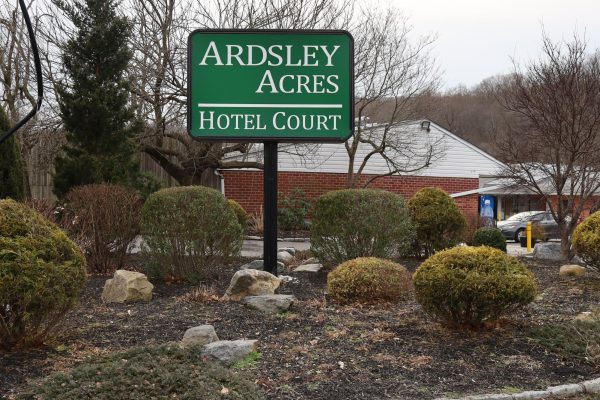
Operation Lone Star paid for buses that processed migrants arriving at the Southern border and took them to cities like Washington, D.C. and New York City as a means of offloading financial support for immigrants.
The migrants arrived from New York City to Ardsley during the second week of June, 2023, after crossing the US-Mexico border.
New York City immigration officials did not directly reach out to the village of Ardsley, or any other Westchester County government officials, to alert them of the arrival of migrants who would be bussed to and staying in the Ardsley Acres motel.
Mayor of Ardsley, Nancy Kaboolian said, “Having learned from news media that New York City was looking for locations outside the city because they have reached capacity, I actually reached out to the two owners of our motels and asked them if they had been contacted by New York City for purposes of leasing out any of their rooms and both of them had said they had been.”
No Ardsley resident taxpayer money has been spent on migrant housing though as New York City has been renting the 35 rooms on an individual contract basis with the hotel, not the town according to Kaboolian. Future migrant housing in Ardsley is contingent on whether New York City continues to rent rooms from the hotel. Out of the 70 migrants, 16 are children, all under the age of five, living there.
Kaboolian quickly recognized the need for a community-wide effort to support the newly arrived migrants. In response, she sent out a “Mayor’s Message” seeking volunteer and donor help, which concluded, “I ask you to welcome the people seeking a better life and freedom to our Village and our country. Ardsley, let us be the example for others to follow.”
Since sending that message out to residents, there has been overwhelming support from individual donors, religious groups and non-profit organizations.
“The motel and the people who were operating the site had prepackaged meals that they were getting, but often, they were leaving the people hungry. So our main involvement at the beginning of this unexpected arrival was to bring the resources of the food pantry to the residents there,” Larkins said.
The extent of South Presbyterian Church’s advocacy did not end with the food pantry. Larkins continued, “Working with Midnight Run, we helped people get access to clothing and other things that Midnight Run was able to provide. There was also a store in Dobbs Ferry called Affordables, a consignment shop, and one of our members was the owner of that shop. So we immediately sent some of the residents, in some cases that were children, who basically only had what they wore on their back—in one case, it was just a windbreaker, and we were able to send them down to get clothing. It was really a rapid response to very basic needs at the beginning of the experience in June.”
Neighbors’ Link has also been instrumental in the effort to support migrants in Ardsley as a Westchester-based organization which provides legal counseling, education programs like ESOL (English for Speakers of Other Languages), and workforce development, among others. Their legal counseling team has worked tirelessly to ensure that the migrants across Westchester have access to resources which will ease their experience navigating the complex and ever-changing immigration landscape in the U.S.
Paralegal administrator at Neighbors’ Link Community Law Practice Constanza Bentancor expanded on Neighbors’ Link role in supporting migrants, “If we have somebody that doesn’t speak Spanish, we have interpretation service. And we just do our best to educate people, not only on the legal system in this country, but also in regard to their specific case, we try to give them all the information possible. So they feel encouraged and they and they feel powerful, just having that knowledge.” She continued, “It’s so stressful, to be in a new place, the culture shock, but then also to be in something as scary and stressful as deportation proceedings. Being in all of that, having to present yourself to an ICE officer, I think the best thing we can do is just give them the information about what to expect what they can do and like what they’re eligible for.”
Yet, Larkins expressed concern that Ardsley’s response would not be sufficient to greet the new Ardsley community members. In towns across the country, immigrants have been met with a range of attitudes, and reception has not proved universally positive. In fact, Human Rights Watch has found that Operation Lone Star has led to “injuries and deaths, increased racial profiling of border residents” and “consistently violated the rights of migrants and U.S. citizens,” according to their report published on Oct. 6, 2023.
“It was one thing to just kind of do a collection and drop things off, but [we had to ask] how can we make sure that people knew that we were a welcoming community, because in some communities where these buses were sent, the ‘welcome’ was in some places quite violent,” she said.
Similarly, Kaboolian urged residents to think critically about the ways in which mainstream news and social media portrays, and often villainizes migrants.
While the migrants adjust to life and culture in the United States, Kaboolian felt grateful for local community members helping support migrants in their time of need. “I am thrilled that our community has stepped up to address a very small part of this humanitarian crisis to help a group of people move forward,” she said.
For its part, the Masters community has also stepped up to center immigrant stories. The Center for Inclusive Excellence (CIE) launched a three-part Morning Meeting series spotlighting immigrant voices; the most recent event was a Q&A with author Yuri Herrera, who has written extensively about the immigrant experience.
Esperanza Borrero, dean for Inclusive Excellence, expanded on the mission for the CIE programming: “The take that we wanted to do on it is to highlight the humanity behind who comes here. I think that oftentimes we’re feeling that as you hear more about migrants coming, especially from our Southern borders, it gets often talked about as if it were a huge group of people, and their individuality gets lost in that. We tend to emphasize policy and solutions without talking enough about the individual story of why they came and how everyone’s different and what that means to think of this whole group as individuals. We wanted to make sure that we didn’t lose the humanity in talking about immigration.”






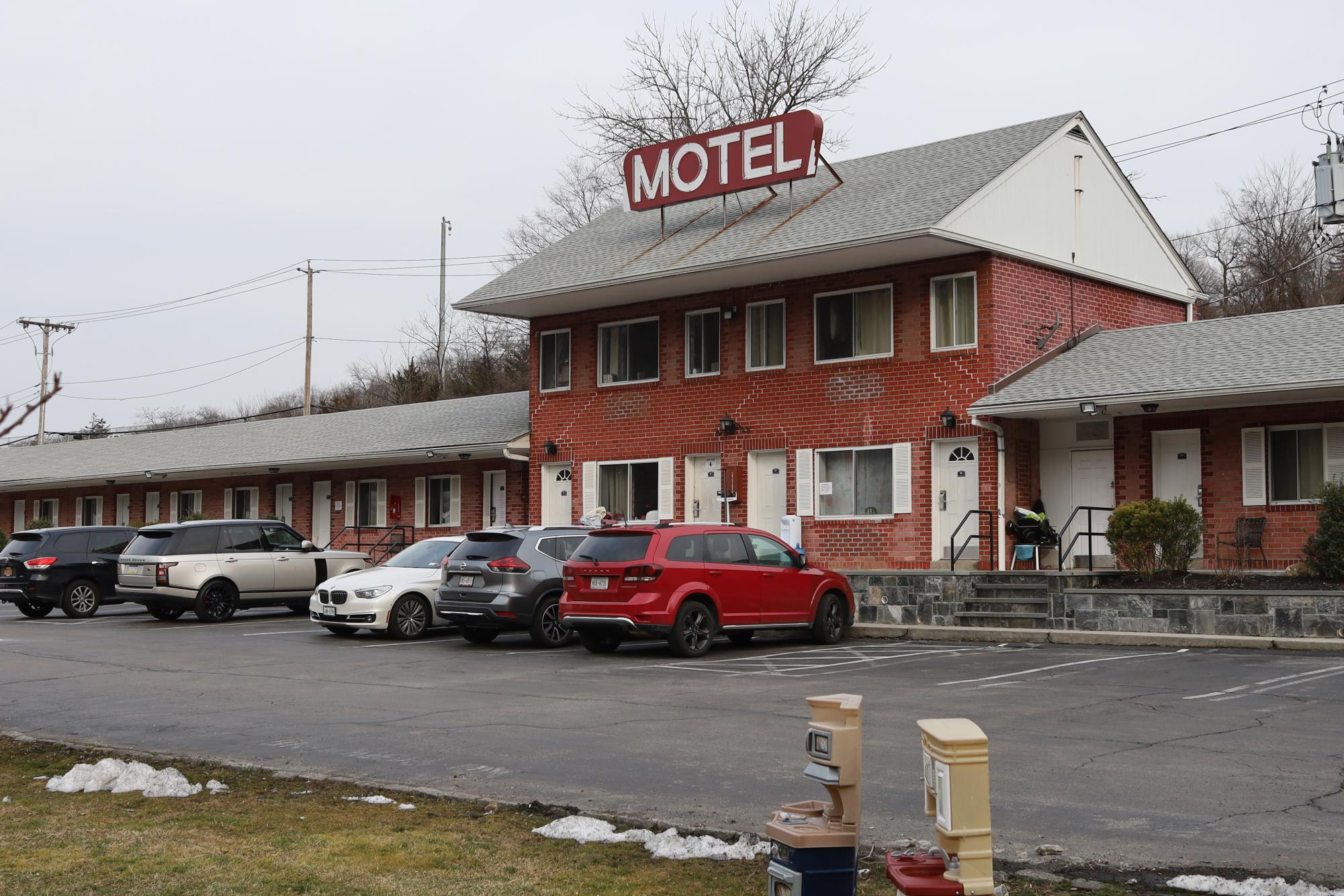
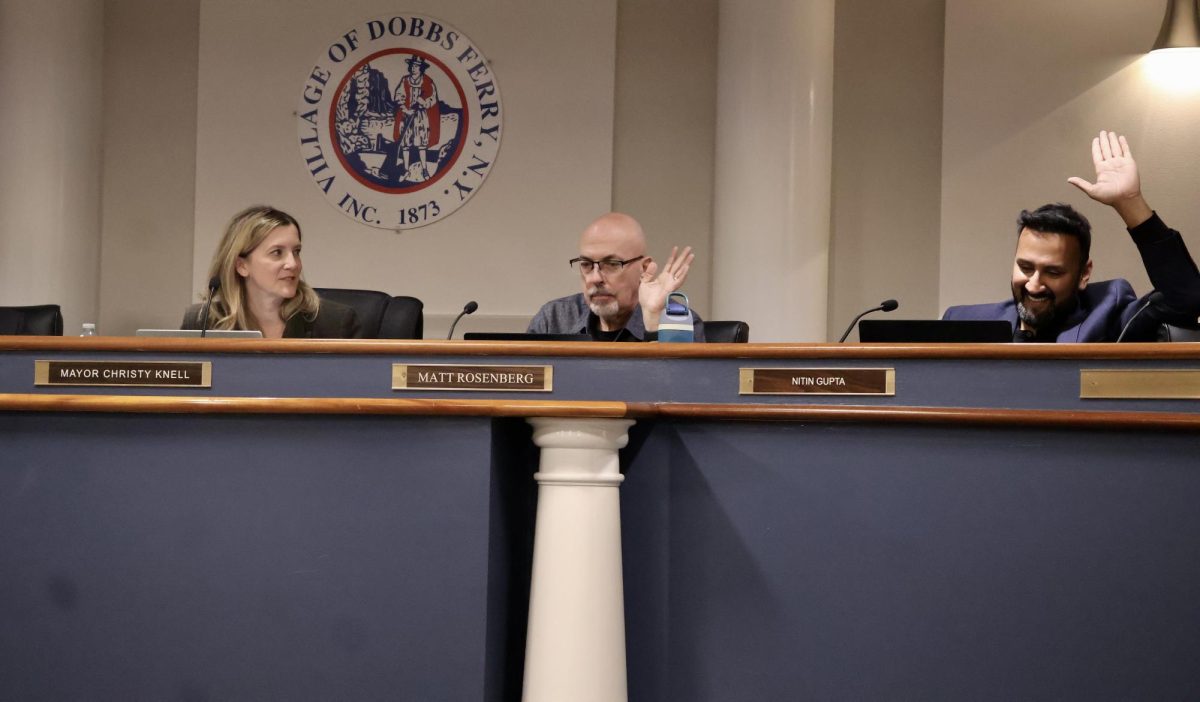

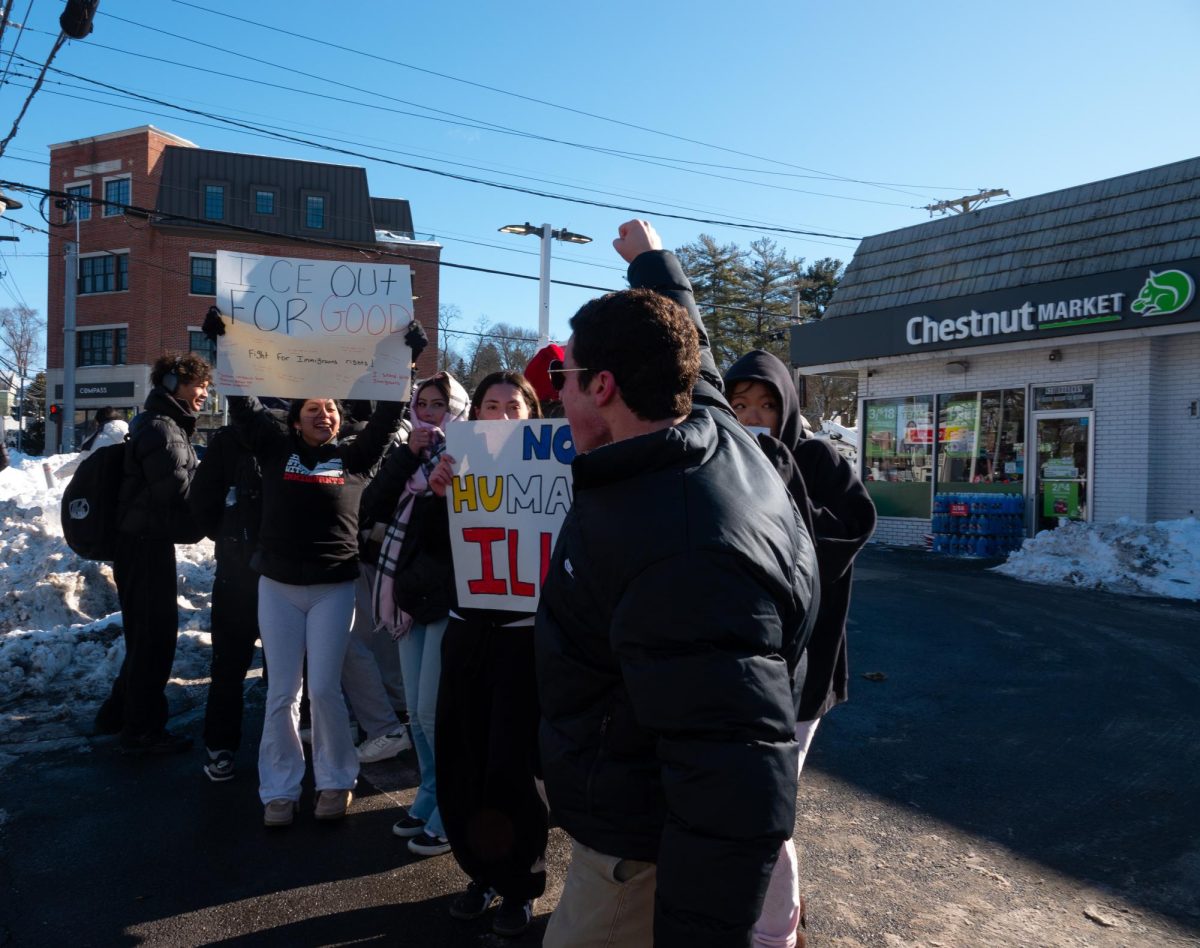
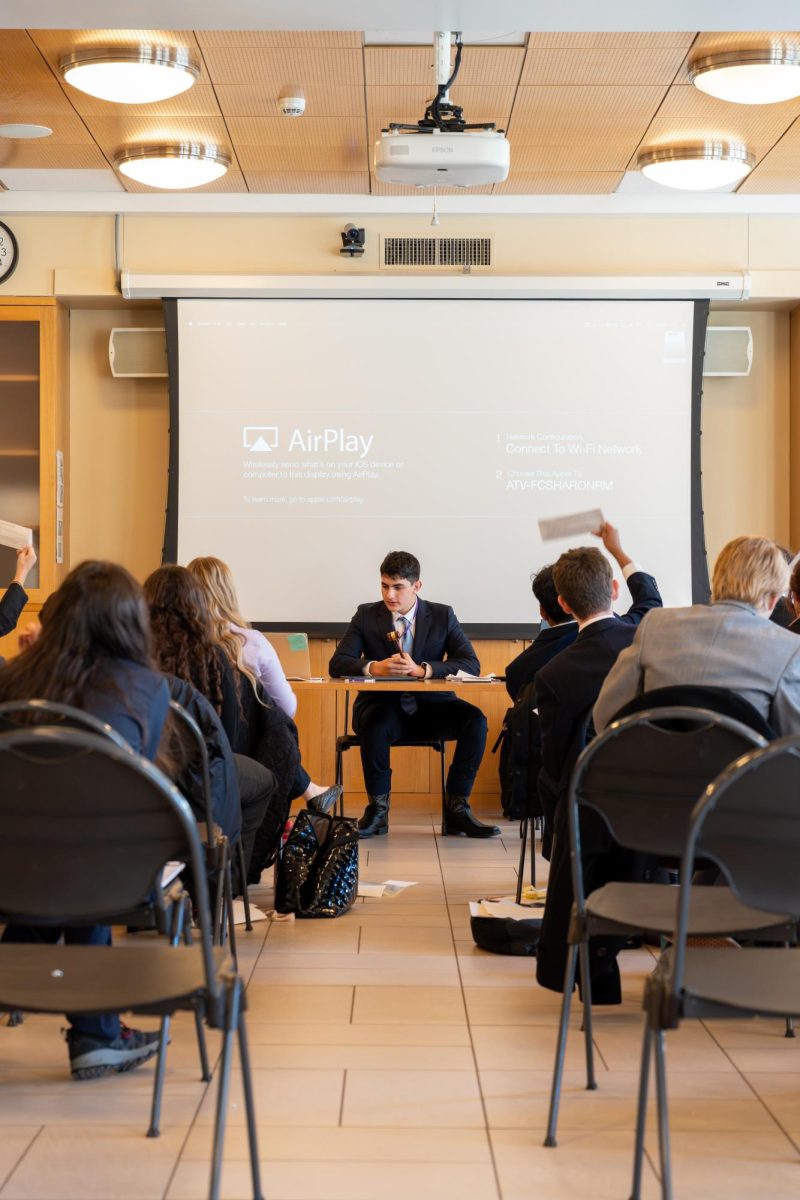



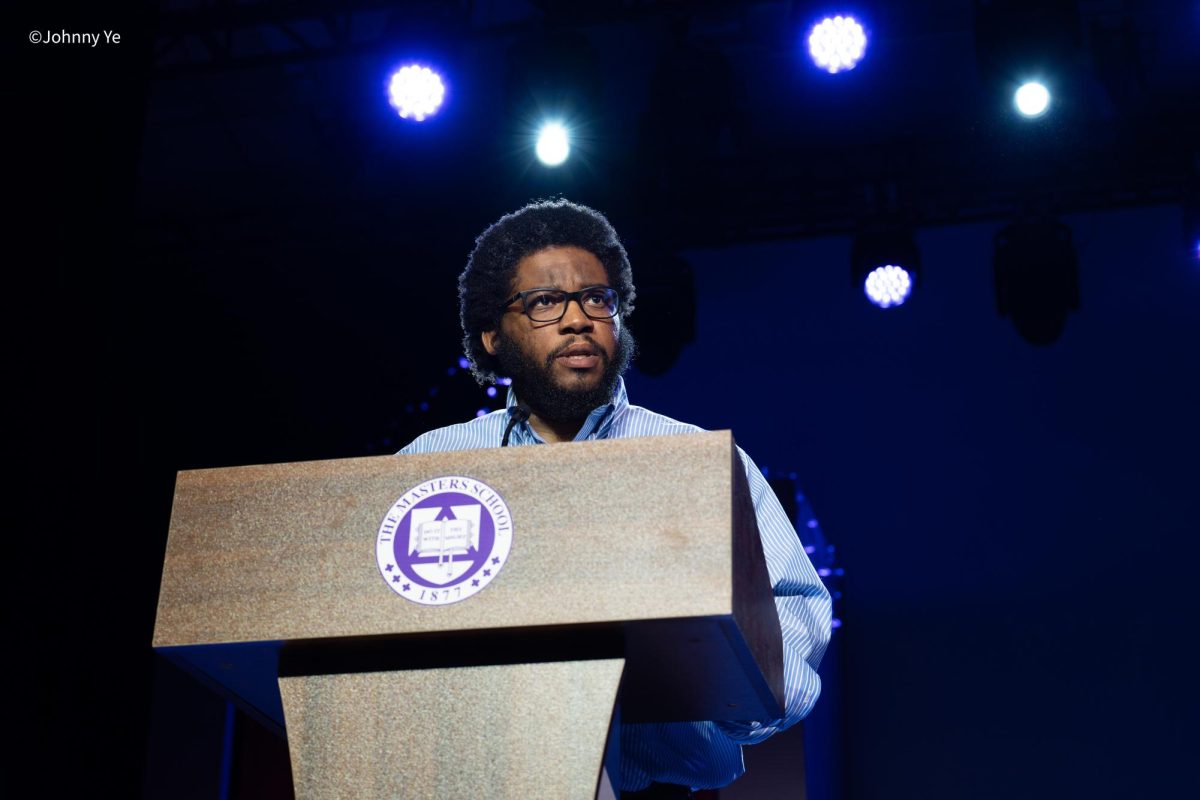
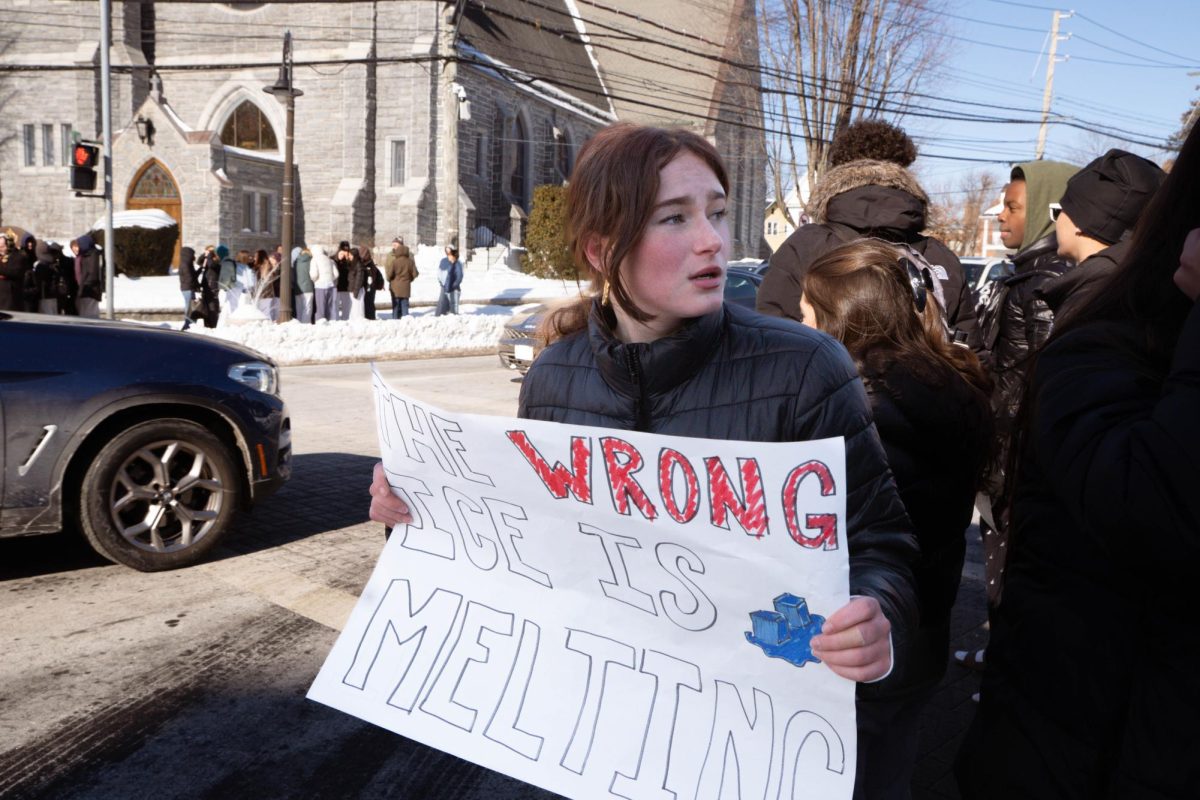
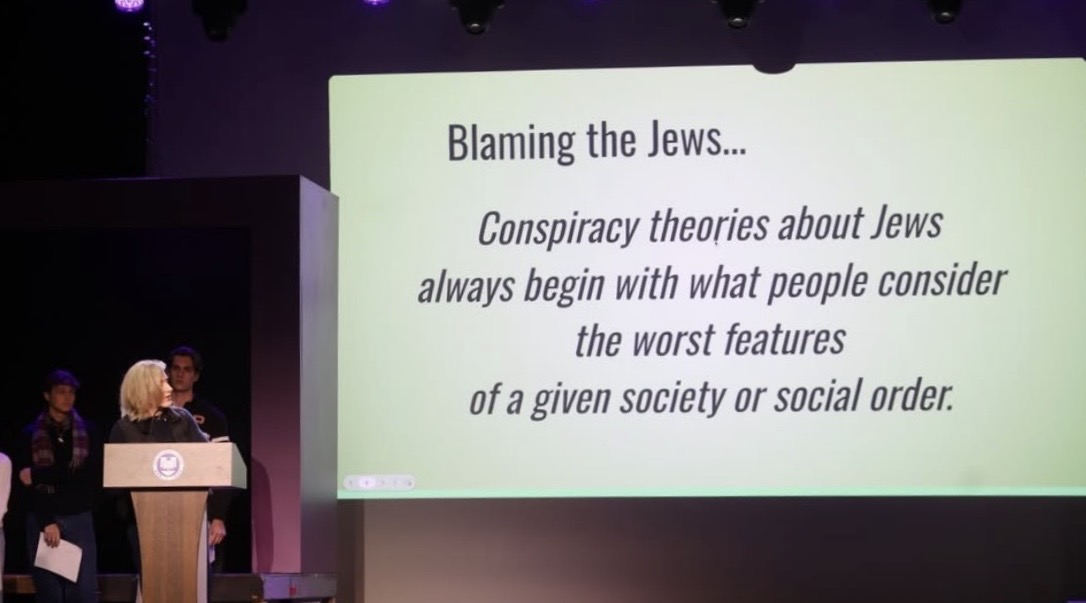
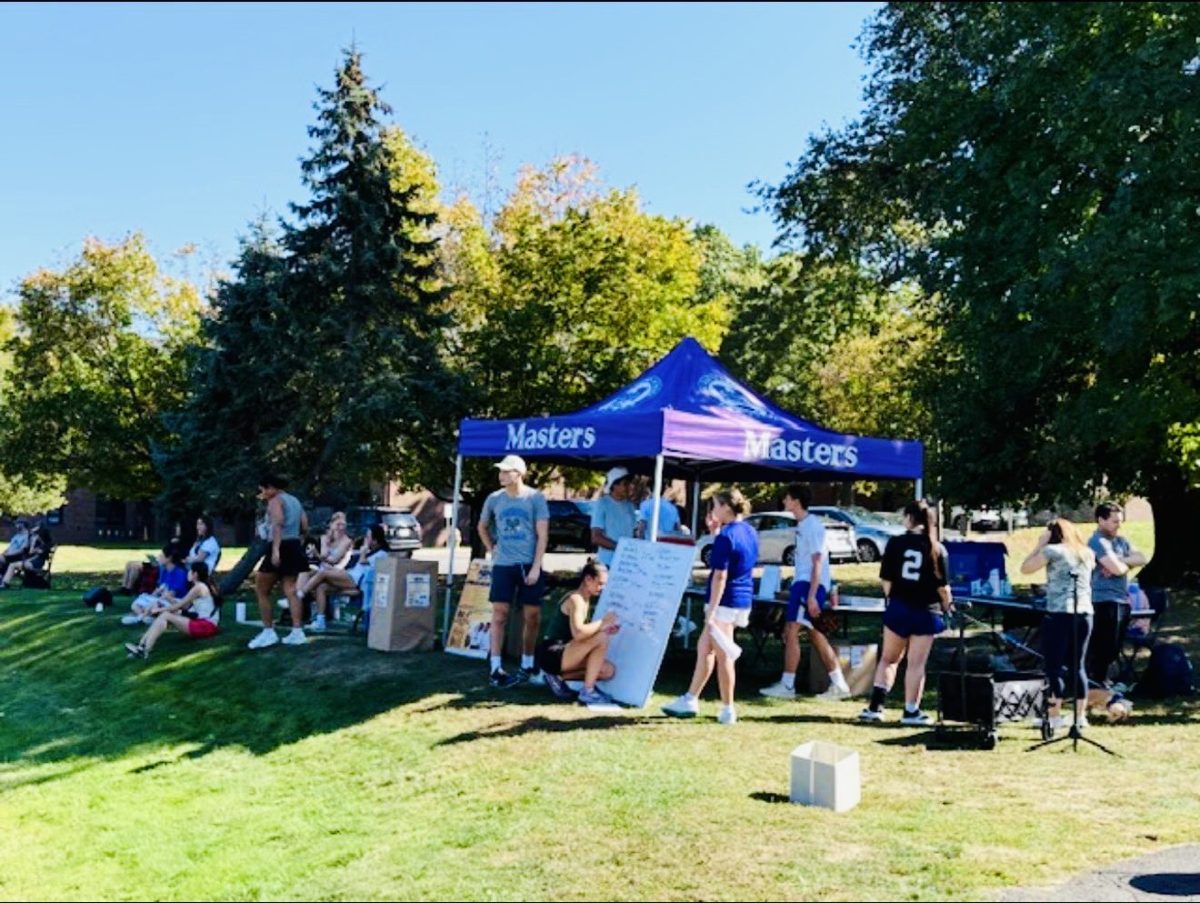
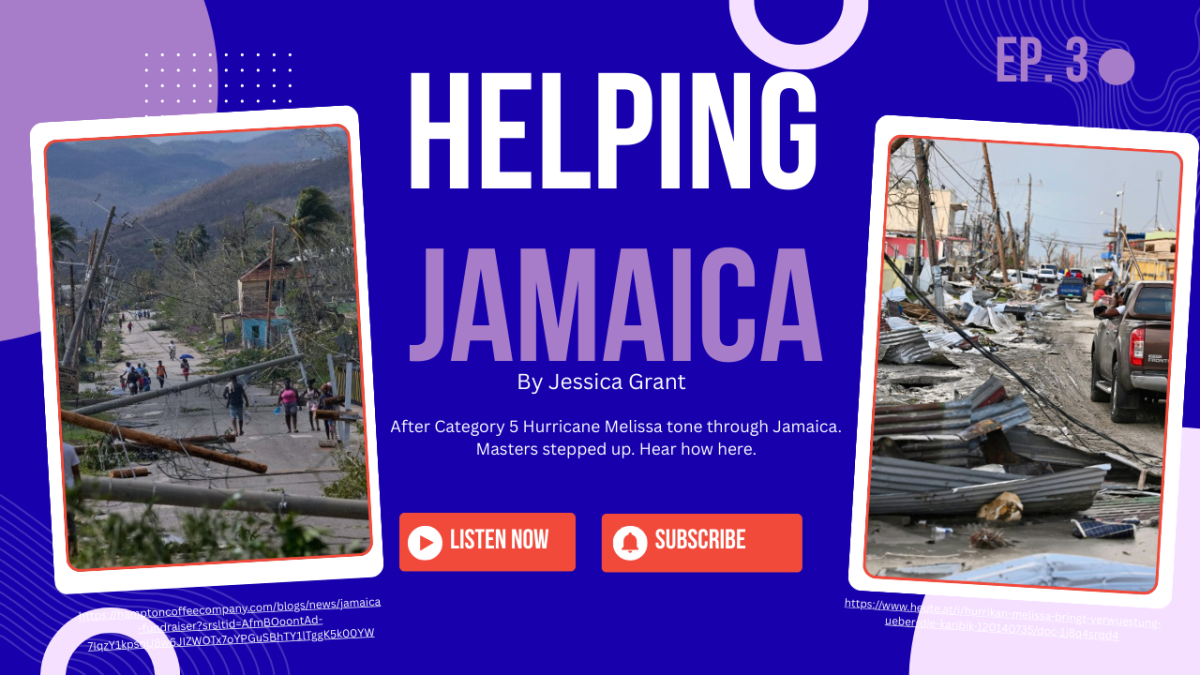
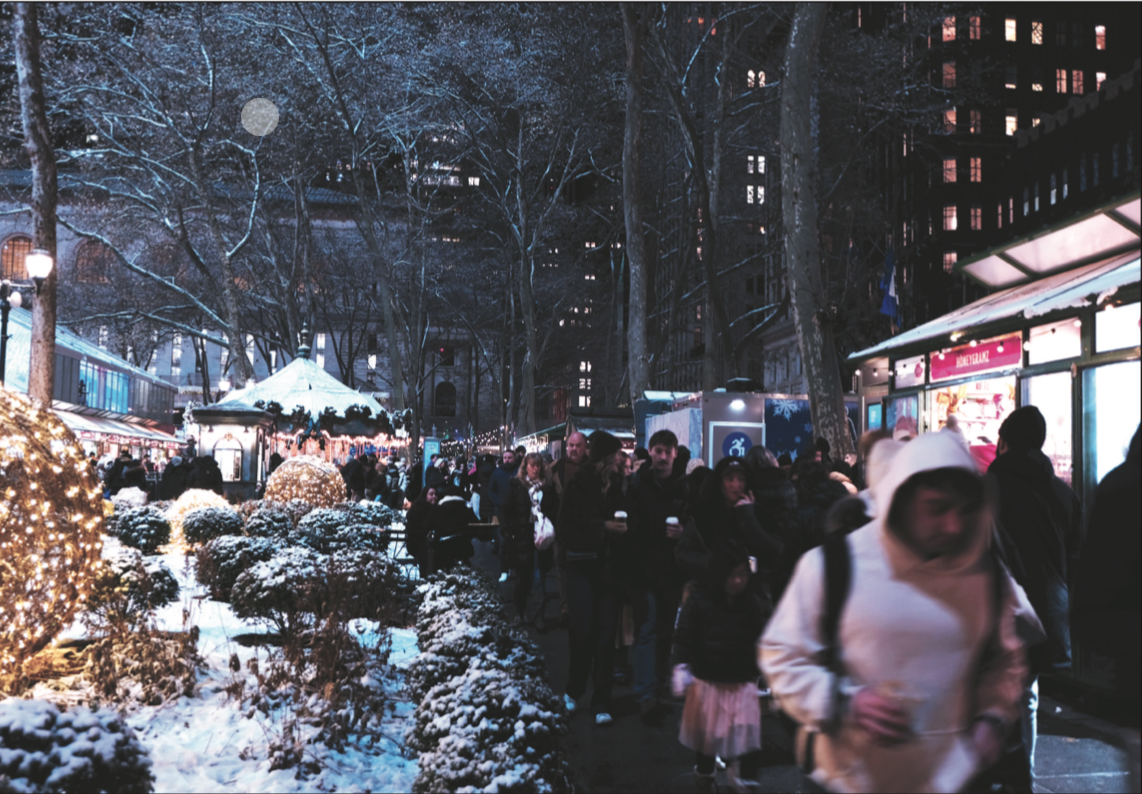

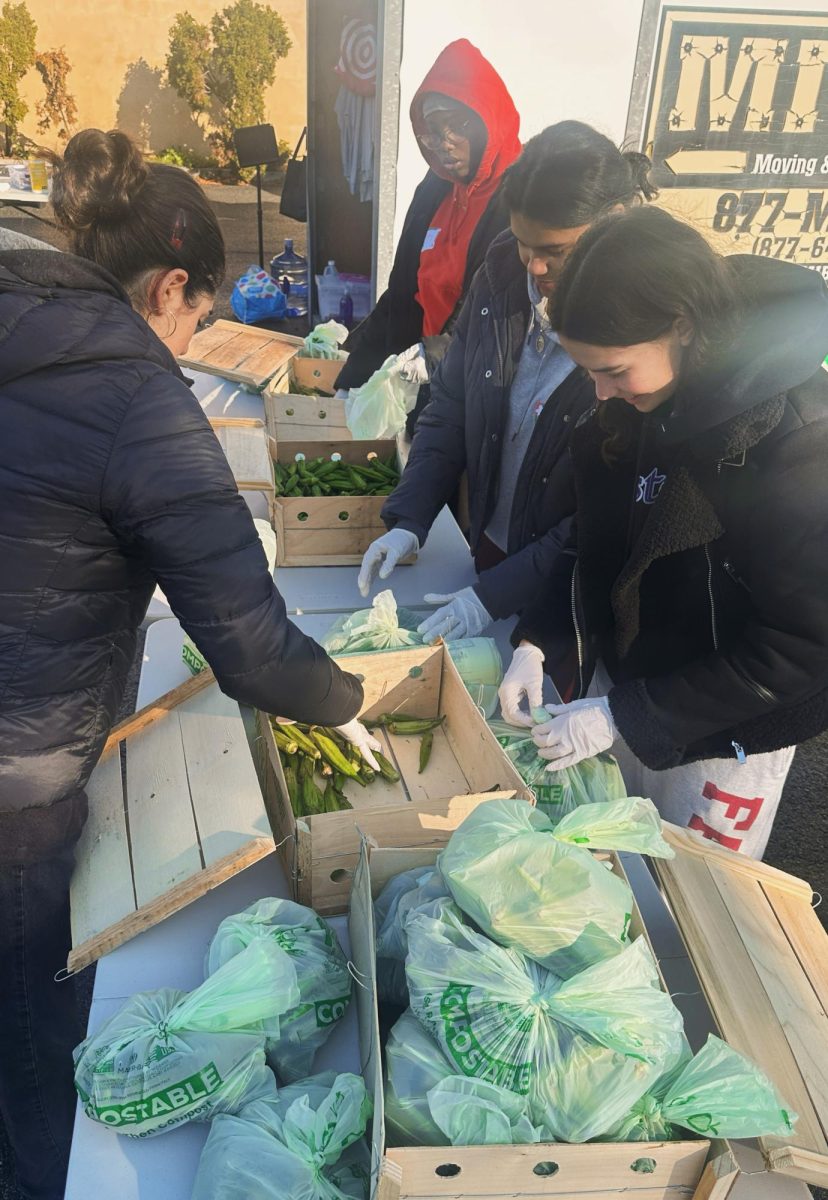


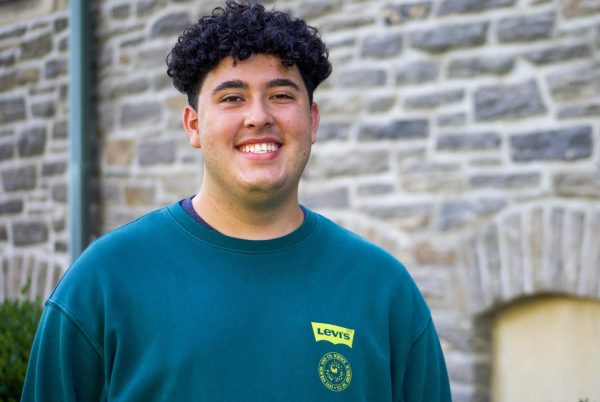
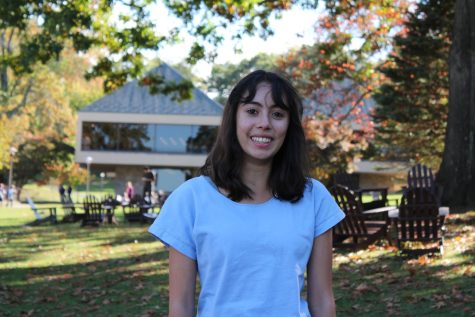
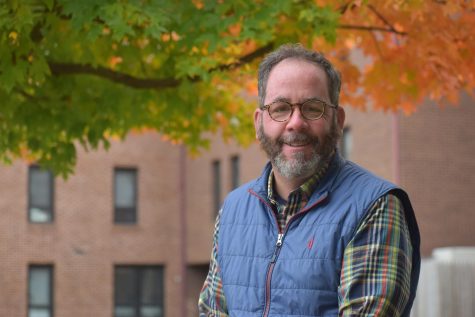
LS • May 1, 2024 at 8:28 AM
Thank you for sharing this important story. The folks staying there have been through such incredible lengths to get here and to make a better life. Has the school figured out how to partner with the people living there- to provide food from the cafeteria or possibly clothing from the boarders?
Mairovi Coromoto Mora Rosales • Jul 8, 2025 at 10:20 AM
GRACIAS A TODOS QUIENES ESTUVIERON EN ESE MOMENTO GRACIAS POR TANTO WESTCHESTER SON LO MEJOR DIOS LOS BENDIGA NUNCA RECIBI TANTO AMOR EN MIS 40 ANOS ESTA GENTE DEMUESTRA QUE SU CULTURA SIMPLEMENTE ES DAR AMOR A QUIEN LO NECESITA GRACIAS GRACIAS GRACIAS
-UNA MIGRANTE QUE EXTRANA Ardsley ❤
THANK YOU TO ALL WHO WERE THERE AT THAT MOMENT. THANK YOU FOR SO MUCH WESTCHESTER. YOU ARE THE BEST. GOD BLESS YOU. I NEVER RECEIVED SO MUCH LOVE IN MY 40 YEARS. THESE PEOPLE SHOW THAT THEIR CULTURE IS SIMPLY GIVING LOVE TO THOSE WHO NEED IT. THANK YOU THANK YOU THANK YOU
-A MIGRANT WHO MISSES Ardsley ❤